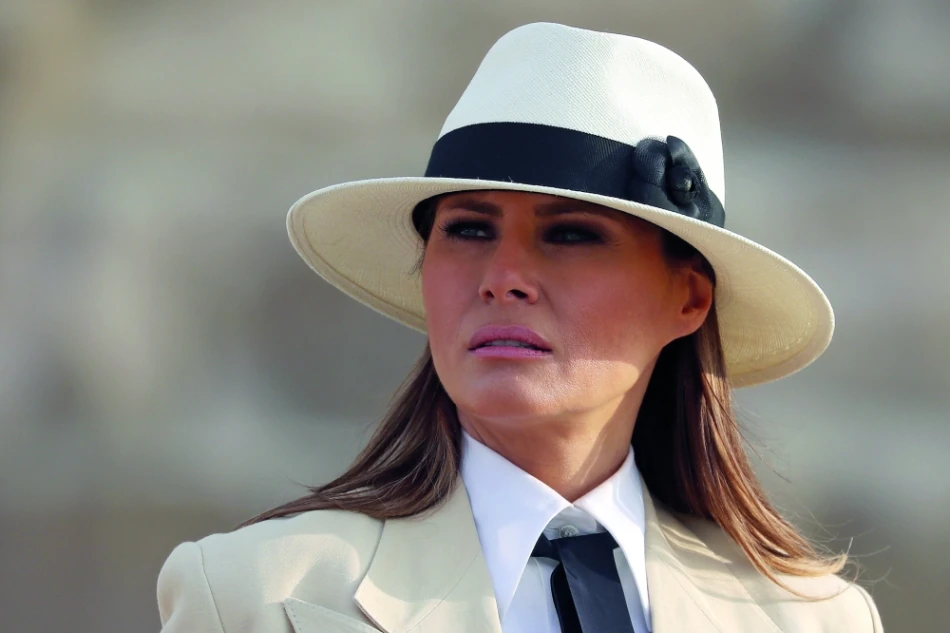
Tribute or Controversy? US Lawmakers Propose Renaming Obamacare After Melania Trump
Republicans Push to Name Kennedy Center Opera House After Melania Trump
House Republicans are advancing legislation to rename the Kennedy Center's opera house in honor of First Lady Melania Trump, marking an unusual attempt to permanently commemorate a sitting president's spouse at one of America's premier cultural institutions. The proposal, embedded within an Interior Department spending bill, faces uncertain prospects as Congress approaches a critical funding deadline.
The Legislative Gambit
The amendment would officially designate the opera house at Washington's John F. Kennedy Center for the Performing Arts as the "First Lady Melania Trump Opera House." Republican Representative Mike Simpson, who introduced the measure, justified the move by citing Trump's role as honorary chair of the Kennedy Center's board of trustees.
"This is an excellent way to recognize Melania Trump's support and commitment to promoting the arts," Simpson stated during a House Appropriations Committee meeting. The committee approved the amendment by a 35-22 margin, with Democratic Representative Marie Gluesenkamp Perez crossing party lines to support the measure.
Political Theater Meets Cultural Legacy
The timing of this proposal reveals strategic political calculation. With the House set to recess and government funding set to expire, Republicans are leveraging must-pass spending legislation to advance symbolic victories that resonate with their base while potentially forcing Democrats into awkward positions.
Historical Context of Presidential Honors
Naming federal buildings and cultural institutions after presidents and first ladies typically occurs years or decades after they leave office, following established protocols and bipartisan consensus. The Kennedy Center itself, completed in 1971, was named after the assassinated president eight years after his death. This proposal breaks with that tradition by seeking immediate recognition for a current first lady.
Uncertain Path Forward
The amendment's future remains highly questionable. Even if the House passes the broader spending bill, the Senate would need to agree to the provision—a scenario that appears unlikely given Democratic control of the upper chamber. The compressed legislative calendar adds another layer of complexity, as lawmakers will have limited time when they return in September to resolve government funding before the fiscal year ends.
Beyond Symbolism
This maneuver represents more than cultural politics; it reflects the broader partisan weaponization of government operations. By attaching controversial provisions to essential spending bills, both parties increasingly use federal funding as leverage for unrelated political objectives, potentially complicating the basic function of keeping government operations running.
The Kennedy Center, as a living memorial to President Kennedy and a symbol of American cultural achievement, now finds itself at the center of contemporary political battles—a development that underscores how even traditionally non-partisan institutions become battlegrounds in today's polarized environment.
Most Viewed News

 Sara Khaled
Sara Khaled






